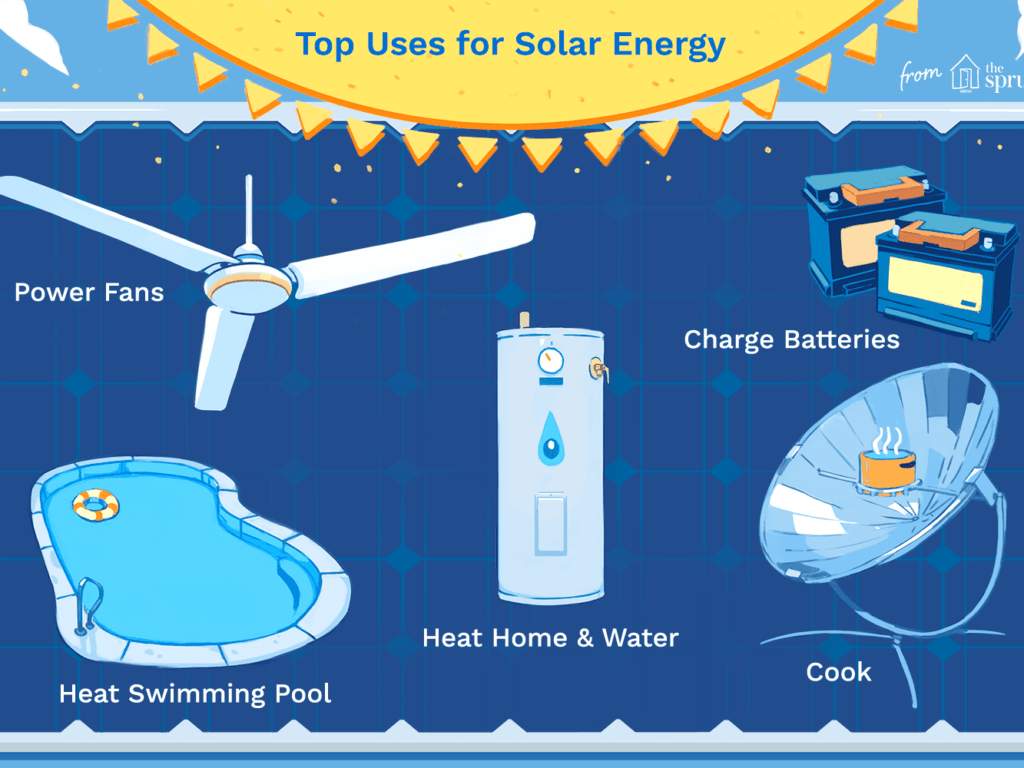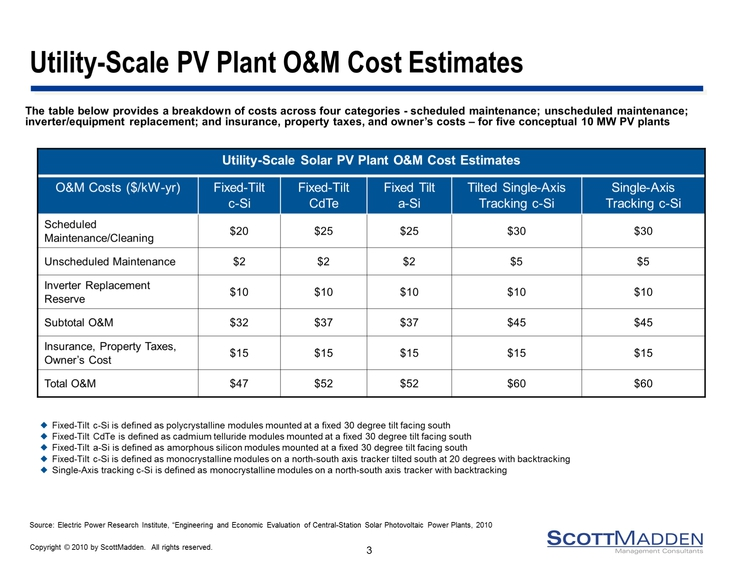Solar Power's Advantages and Disadvantages in 2022
What Are the Advantages and Disadvantages?
You might not know it, but the amount of energy provided by the sun to Earth in only one hour could fulfill the world’s energy demands for a full year. Usually, solar power is criticised for being either expensive or inefficient. Still, it has now been extremely beneficial – not just for the environment but also for the private economy. Thanks to available solar panel grants and increasingly competitive prices in the market, solar energy is becoming the primary source of energy for an increasing number of people.
The technology for solar energy production has improved drastically in recent years. It has been supplemented by solar battery storage devices, making solar a substantially more efficient source of renewable energy. However, as with any energy source, there are always downsides. Green ONE Power Tech has outlined the key advantages and disadvantages of solar power below:
Advantages of Solar Battery Storage
Renewable Energy Source

One of the most plentiful and renewable energy sources accessible is solar energy. Unlike fossil fuels, which are finite and will eventually run out, solar energy is constantly being replenished by the sun. Even after the sun dies, solar energy will still be available as heat and light from other stars. Solar energy is a genuinely global resource since it can be utilized in all parts of the earth.
Additionally, solar energy is not subject to fluctuations in price and availability that can occur with other energy sources. Once the initial investment in solar panel technology has been made, the cost of generating solar power is extremely low.
For these reasons, solar energy is an increasingly popular choice for residential and commercial applications.
Reduces Electricity Bills

Not only will switching to solar panels save you money on your electricity bill, but you could also make money from the surplus energy you export back to the grid. With the Smart Export Guarantee (SEG), businesses could receive payments for generating more electricity than they use.
The size of your solar system will affect how much you can save on your energy bill with Home Energy Storage System. A larger system will generate more electricity, offsetting a greater proportion of your energy costs. If you have a commercial solar panel system, you could stand to make significant savings.
In addition to saving money, switching to solar panels can help reduce your business’s carbon footprint. Solar power is a renewable and sustainable energy source, so you’ll be doing your bit to protect the environment by using it.
Solar may offer you money as you recoup your investment.
From generous solar incentives to bill credits and even extra cash, solar energy storage systems can provide a profit for those who invest in it. Solar renewable energy credits (SRECs) and net metering are two major benefits that enable you to profit from the power generated by your solar panels.
In the area of immediate returns, if you live in a state where either of these incentives applies, you can expect the money back from your solar investment. In terms of long-term returns, by decreasing your reliance on utility companies and increasing the value of your home, solar panels provide a stable investment.
So not only can solar save you money, but it can also make you money–now and in the future.
Solar power may be sold back to the power grid

Net metering is an electric billing mechanism that allows you to use the power grid to store surplus energy generated by your solar panel installation. Net metering credits you for the energy produced by your home solar battery system that you do not utilize. This implies you might possibly obtain a bill credit for wasted energy and effectively sell solar energy back to the grid.
Net metering policies and compensation rates vary by state, so if you’re interested in this option, you must check with your local utility company to see if you’re eligible and what the rules are. Maybe you live in a state where net metering isn’t an option, there may still be other programs available that allow you to sell excess solar electricity back to the grid.
For example, some utilities offer “green pricing” programs that allow customers to buy renewable energy credits (REC) from nearby solar facilities. Participating in one of these programs can support the development of renewable energy and offset some of the emissions associated with your electricity use.
Solar reduces carbon emissions

Solar is a renewable energy source that does not lead to pollutants, like carbon dioxide, being released into the atmosphere. Unlike traditional fossil fuels, solar energy does not require mining or drilling, which can damage the environment. Solar panels are also much smaller than traditional power plants, so they have a smaller footprint. And, since solar panels don’t use water to generate electricity, they don’t tax our water supplies as traditional power plants do.
Solar energy is now one of the most ecologically friendly kinds of electricity accessible. And as prices for solar panels continue to drop, more people are switching to solar. So, if you want to assist lessen your environmental effect, solar is a terrific alternative.
Solar improves the value of your home

A research by the Lawrence Berkeley National Laboratory found that single-family homes with solar energy battery backup systems sold for an average of 4.1% more than comparable homes without solar photovoltaic (PV) systems.
The study also found that on a per-watt basis, PV systems added about $3.9 to a home’s sale price (an average of $15,000 for a 5-kilowatt system).

In another study, the National Renewable Energy Laboratory found that the median sales price increase for a home with solar was $24,349 – or approximately $20 per square foot of a home.
And in California specifically, research by Zillow found that installing solar panels increases home values by an average of $15,000.
Therefore, not only does solar provide energy cost savings and environmental benefits – but it can also increase the value of your home. Given the many benefits of going solar, it’s no wonder that the U.S. solar market is booming.
Diverse Applications

The applications for solar energy are diverse and continue to grow as technology improves. Solar energy can generate electricity or create heat, making it a versatile option for powering homes and businesses.
Additionally, solar energy can be used in remote locations where access to the energy grid is limited or to purify water in regions with limited clean water supplies. Furthermore, solar power is an increasingly popular choice for powering satellites and spacecraft, as it is a renewable and environmentally-friendly option.
Finally, solar energy can also be integrated into building materials, such as windows, providing a unique way to generate electricity while reducing glare and saving energy costs. As the potential uses for solar energy continue to evolve, this clean and renewable resource will play a key role in powering our world.
Low Maintenance Costs

After the initial cost of the solar system, you can expect little to no spending on maintenance and repair work. Solar energy systems don’t require much maintenance; you only need to keep them relatively clean.
Most reputable solar panel manufacturers offer a 20-25 year guarantee on their products. Furthermore, there is no wear and tear because there are no moving components. The only part that generally needs to be changed after 5-10 years is the inverter, which is continuously working on converting solar energy into electricity and heat.
Cables must also be maintained in order for your solar power system to function properly. Cleaning a solar panel a couple of times a year, on the other hand, will enough. If in doubt, you may always turn to specialized cleaning services.
Disadvantages of Solar Energy

- Cost
The initial expenditure of installing a solar system is significant. This covers the cost of solar panels, inverter, batteries, wiring, and installation. Solar technologies, on the other hand, are continuously evolving.
- Weather-Dependent
Solar energy, on the other hand, is less efficient when it is overcast or rainy. The efficiency of the solar system decreases when it is overcast or rainy. Solar panels require sunlight to function effectively. As a result, a few overcast, rainy days may significantly impact the energy system. It would also be beneficial if you kept in mind that solar energy cannot be gathered at night. Thermodynamic panels are a viable solution if you want your water heating system to run at night or during the winter.
Watch our video to see how well solar panels work during the winter.
- Solar Energy Storage Is Expensive
Solar energy has several advantages, but one disadvantage is that it may only be utilized immediately or stored for later use. If you choose to store your solar power, batteries are a great way to do so—however, they come with a hefty price tag. In most circumstances, it makes more practical to utilize solar electricity during the day and grid energy at night (if your system is connected to the grid). Keep in mind that your energy demand usually runs higher during the daytime, so using solar should help meet most of this increased demand.
- Uses a Lot of Space
To collect as much sunlight as feasible, the more electricity you want to generate, the more solar panels you’ll need. Solar PV panels occupy a lot of area, and some rooftops just cannot accommodate them. If you don’t have adequate room for all of your solar panels, consider putting fewer rather than none.
- Associated with Pollution
Although solar energy-derived pollution is significantly less than other energy sources, it can still be associated with types of emissions. For example, the transportation and installation process of solar systems have been linked with greenhouse gases. Furthermore, during the manufacturing process, some toxic materials and hazardous products are used to create solar photovoltaic systems–items that can indirectly impact ecosystems. Even though this is the case, solar energy overall pollutes far less than other forms of alternative energy sources.
